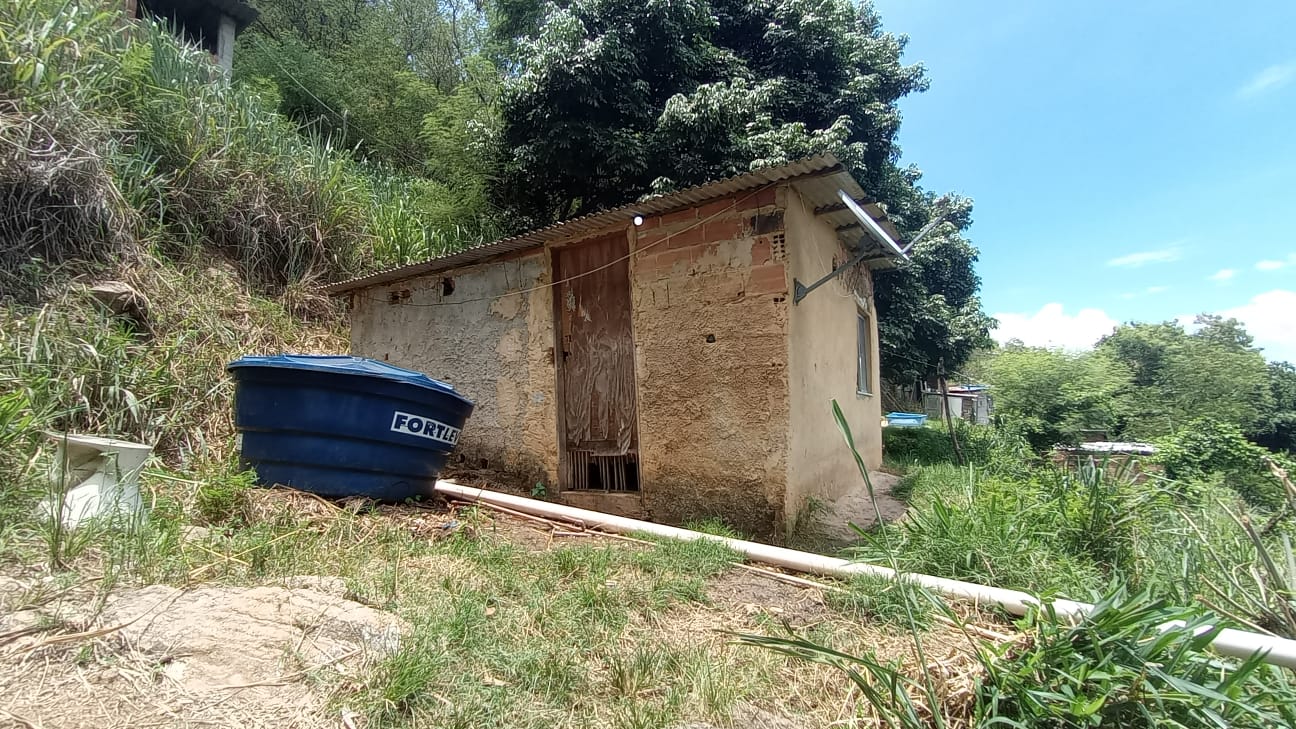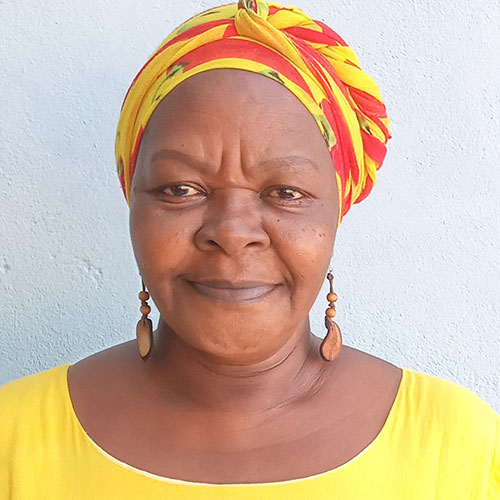Venezuelan refugee couple finds safety to love in Brazil
The couple Armando and David fled Venezuela after being persecuted by the father of one of them and found a place in Brazil to start over


Brazil is the fifth country chosen by Venezuelans to migrate and start a new life and, according to the TV Brasil portal, 95,454 requested refuge and 51,578 managed to be recognized as refugees.
But what is a refugee?
A person who, for many reasons, was forced to leave their homeland and move to another. There are different types of refugees. For example: some are due to political persecution, others due to armed conflicts and guerrillas, there are those who suffer from hunger, racial, social or religious discrimination, environmental refugees, those who are targets of homophobia due to their identity, gender, orientation or sexual characteristics, among others.
David Emilio González Castillo, 32 years old, from the city of Maracay, in Aragua, and the indigenous José Armando Marchena Cabulla, 25 years old, from the city of Puerto Ayacucho, in Amazonas, Venezuela, are a same-sex couple who are in refugee status in Brazil because of the homophobia suffered by Armando, led by his father.
In addition to the homophobia they experienced, another reason that led them to migrate was the financial crisis that the country was going through and is going through, the famine and food shortages due to the high price of food, the most important thing was the fact that they began to suffer threats of death by Armando’s father, who does not accept their relationship. Therefore, they had to leave the country and became refugees.
They left Venezuela on an army’s plane and went to São Carlos de Río Negro, the last municipality in the Venezuelan Amazon. From there they took a little indigenous boat to Cucuí.
Later, they got another ride on a boat, typical of the region, until they reached São Gabriel da Cachoeira. Afterwards, they lived in this city for two years, but due to the pandemic, they imagined they would have better opportunities in Rio de Janeiro.
They traveled for three days to Manaus, from there they took a flight to Rio, with stops in Brasília and São Paulo.
During an interview with Coluna da Neuza, Armando and David talked a little about what it was like to arrive in a strange land as refugees.

Coluna da Neuza: Why did you choose Brazil as a refuge?
Armando: We didn’t choose it, in fact it was the first option that appeared and the easiest due to the proximity between the locations and, in addition, there were people who could welcome us here in the country.
Coluna da Neuza: When did they arrive and how did it start?
Armando: We arrived in 2017 and lived in Amazonas for two years, only with a Brazilian document and permission to enter the country, given by the Polícia Federal.
Coluna da Neuza: Are you already legal?
David: We both filed for asylum at the same time, but perhaps we believe that, because Armando is indigenous, he got the documentation faster than me. Even though I am legal in the country, my immigration status is still that of an applicant.
Coluna da Neuza: Are you already legal?
David: We both filed for asylum at the same time, but perhaps we believe that, because Armando is indigenous, he got the documentation faster than me. Even though I am legal in the country, my immigration status is still that of an applicant.
Coluna da Neuza: How has life been for you since arriving in Brazil as a same-sex couple, as foreigners and as refugees? And what were the biggest difficulties?
David: Our biggest difficulties when arriving here were housing, employment and the language. The first Brazilian state we set foot in was the Amazonas and there, the native population doesn’t just speak Portuguese, they also speak other indigenous languages and this made communication very difficult.
Coluna da Neuza: And what were the best experiences?
Armando: – The best experience we had was arriving here alive because, when we started the trip, we didn’t know where we were going or where we would end up. During the crossing, there were many accidents and it is something that you don’t know if you will return. The first important thing was getting somewhere.
David: But the best thing that happened to us, already here in Rio de Janeiro, was the conquest of our home. It was difficult, but we found a place, a home. We are still paying, but there is no longer that stress of paying rent every month and the constant thought: “I have nothing”.
Coluna da Neuza: What was your first job opportunity?
Armando: Selling bags on the street, still in Amazonas, which was a very difficult experience due to the variety of local languages, it was very difficult to understand. Coluna da Neuza: Who supported you here in the beginning?
David: There were two institutions that supported us with food, documentation and attention; LGBT+ Movimento, which works specifically with the immigrant LGBT population, helped us, provided support and guidance concerning our documentation. And Caritas, which, in partnership with ACNUR, helped us with the Portuguese course, basic food baskets, clothes, employability and other things.
Neuza’s Column: What’s your situation today?
Armando: Today we live a little better, because we lived very far from everything. We are still paying the installments for our little house, but it will be ours soon.
You can help Armando and David
At the time of this interview, both are formally employed, Armando, at a Hortifruti, and David, at a hostel. Even though they are calmer now, they still need help.
If you sympathize with their cause, help.
They need bedding, towels and kitchen utensils, building materials to make home improvements such as building a bathroom.
Follow Armando and David on Instagram
Attention! Did you know?
Homophobia is a crime, and the penalty is three years in prison and a fine for anyone who engages in this conduct.



